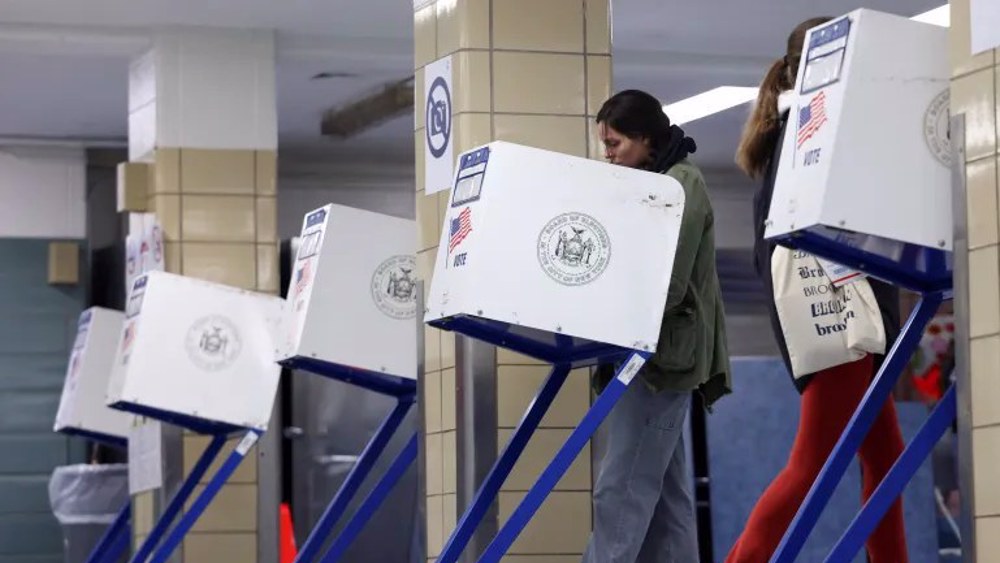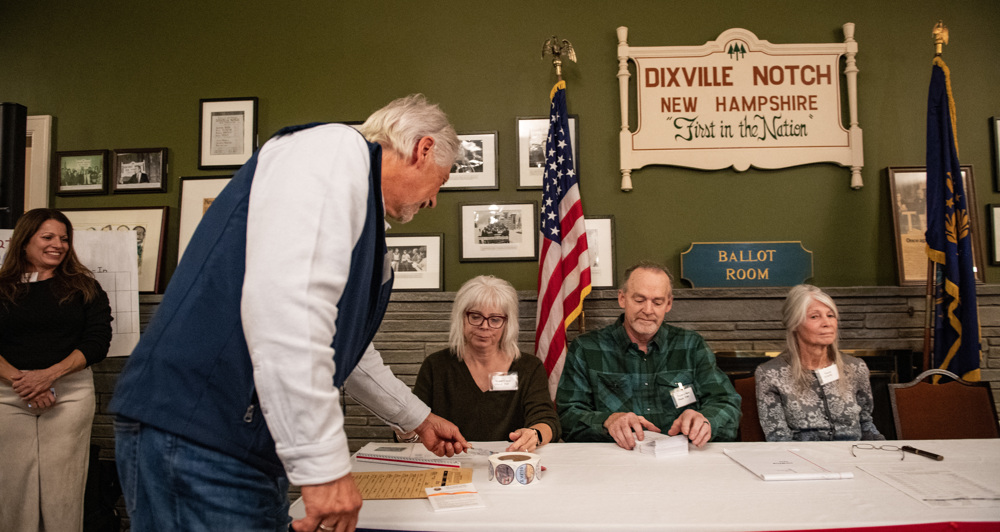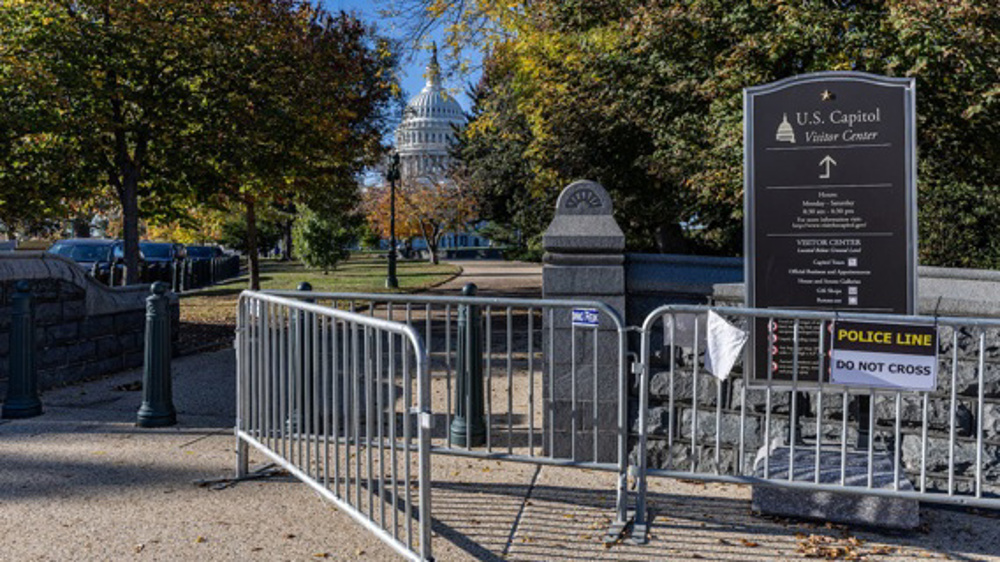US primary voters head to the polls on Super Tuesday
US voters are heading to the polls across 11 states, casting ballots in a day-long contest known as Super Tuesday, when the greatest number of states hold primary elections to choose the Republican and Democratic presidential nominees.
The day before, on Monday, the presidential candidates made frantic trips across the country, giving interviews and making their pitches to Americans at polling stations in areas likely to support them.
Many voters, however, were noticeably unenthusiastic about their choices on the presidential primary ballot, even as they felt obligated to turn out.
In the state of Virginia, where voting began at 6 am local time, Barbara Kennedy, a 51-year-old freelance writer cast her ballot in Arlington, Virginia. She considered Clinton safe but uninspiring. “I was just thinking about all the hope we had eight years ago,” she said. “Now you’ve got to choose the best of the worst.”
And Claudia Mackintosh, a 61-year old real estate agent voting in Norfolk, Virginia, said she was voting for Senator Bernie Sanders of Vermont instead. “I would love to see a woman president, but I just don’t trust her,” she said. “My perception is that she’s controlled by the corporate donors.”
According to the CNN/ORC survey released Monday, a day before Super Tuesday, Republican frontrunner Donald Trump has solidified his lead over the GOP field in the race for the party’s final nomination with 49 percent support, more than all of his opponents combined.
The billionaire businessman held a whopping 33-point lead over his closest rival Senator Marco Rubio of Florida who has 16 percent support.
Senator Ted Cruz of Texas was third with 15 percent support, followed by former neurosurgeon Ben Carson and Ohio governor John Kasich with 10 and 6 percent support respectively.
On the Democratic side, Hillary Clinton holds a 17-point lead over Sanders - 55 percent to 38 percent.
VIDEO | Iran, Pakistan vow to resist Israeli genocidal actions in Gaza
Israeli strike on Lebanon kills at least 15 people
Israeli forces kill 7 more Palestinians in West Bank
VIDEO | US presidential election
Netanyahu fires military affairs minister Gallant
Hezbollah attacks turn Israel’s Haifa into a ghost town
Iran’s FM meets Pakistani PM, discusses bilateral ties, Israeli atrocities
Iran ramps up gasoline output amid rising demand










 This makes it easy to access the Press TV website
This makes it easy to access the Press TV website